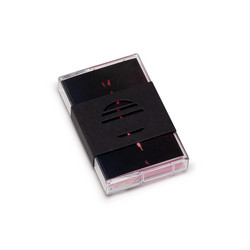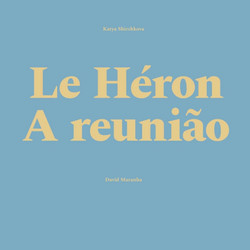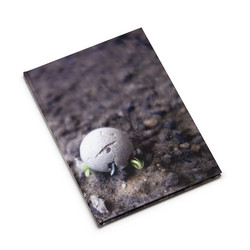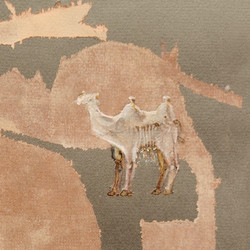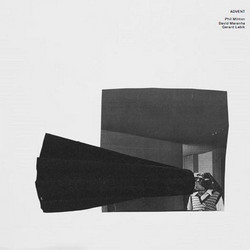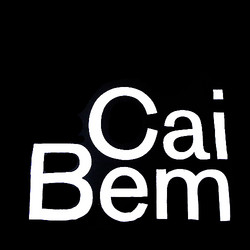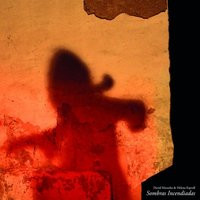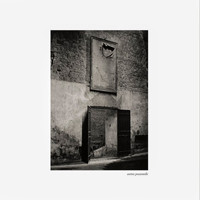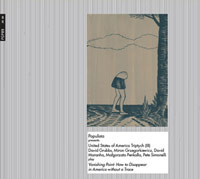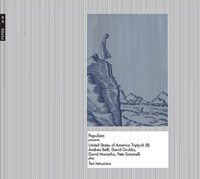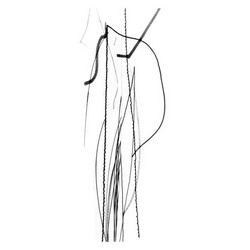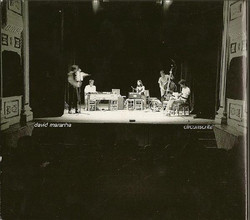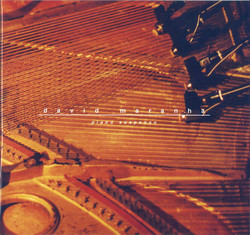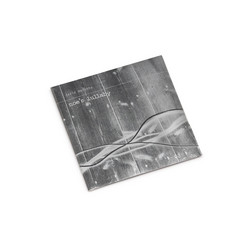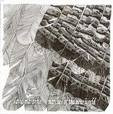David Maranha
David Maranha belongs to the same minimalist tradition as Paul Panhuysen and Arnold Dreyblatt. It is serious, deeply careful stuff (as anyone who has seen one of Maranha's complex scores will attest), but informed throughout with a sense of practical experiment and discovery rather than the austere conceptualism or mathematical certainty that certain other minimalists adhere to. Like Panhuysen and Dreyblatt, Maranha pays a great deal of attention to instrumental timbre - he's used the glass harmonica, didgeridoo and his own 'maranhophone' in the past - and his music is as much an opportunity for the sounds to illustrate their own character as it is for him to impose his own structure.
David Maranha belongs to the same minimalist tradition as Paul Panhuysen and Arnold Dreyblatt. It is serious, deeply careful stuff (as anyone who has seen one of Maranha's complex scores will attest), but informed throughout with a sense of practical experiment and discovery rather than the austere conceptualism or mathematical certainty that certain other minimalists adhere to. Like Panhuysen and Dreyblatt, Maranha pays a great deal of attention to instrumental timbre - he's used the glass harmonica, didgeridoo and his own 'maranhophone' in the past - and his music is as much an opportunity for the sounds to illustrate their own character as it is for him to impose his own structure.
